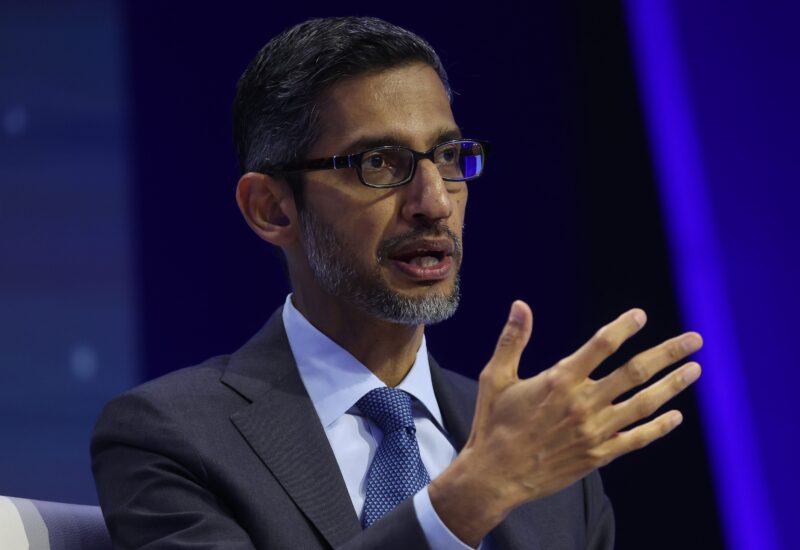
- Truck driving can be a well-paying job, but only when things are moving without delays.
- Pay-per-mile policies have slashed many truckers' earnings as they wait at congested ports and depots.
- "There is no cost to wasting a trucker's time," the US Transportation Secretary said. "We've got to fix that."
Truck driving offers relatively good pay in normal times, when containers and pallets are flowing smoothly through US ports and warehouses.
But the surge in consumer demand during the pandemic has put that system to the test, and US Transportation Secretary Pete Buttigieg pointed out that the backlog of shipments exposes a major flaw in the traditional model of compensating drivers.
Only about one fifth of drivers at US ports operate as hourly employees, while most are independent contractors paid per load or per mile — meaning they often receive the same pay regardless of how long they wait outside ports or warehouses.
When NBC asked how much truckers should be paid, Buttigieg responded, "Enough to show respect and regard for the fact that they are the very definition of essential workers."
"In too many environments, from warehouses to ports, there is no cost to wasting a trucker's time," he added. "We've got to fix that."
"What used to be as fast as 10 to 20 minutes is taking three to four hours now," one trucker out of Charleston told Insider in November. "You can wait for hours on end before they even check you in and get nothing for it."
Speaking at an event at the at Ports of Los Angeles and Long Beach on Tuesday, Buttigieg pointed out that those ports processed 14% more containers than the previous record, enabling people to receive almost 99% of their packages from major shippers either on time or with minimal delays.
But truckers told Insider that performance came at direct a cost to them, as a lack of cranes and crane operators at the ports has truck drivers sitting idle and unpaid for hours on end — with about one crane to every 50 to 100 trucks.
"Think of going to the port as going to Walmart on Black Friday, but imagine only ONE cashier for thousands of customers," a driver named Ryan Johnston wrote. "For each of these lines the wait time is a minimum of an hour, and I've waited up to 8 hours in the first line just to get into the port."
Delays can occur at the other end of the route as well, when a missed drop-off window at a warehouse can force a driver to wait up to 20 hours to deliver the cargo.
One movement called Truckers Movement for Justice is organizing to create a base pay for harbor truckers. Their motto: "All hours worked, all hours paid."










